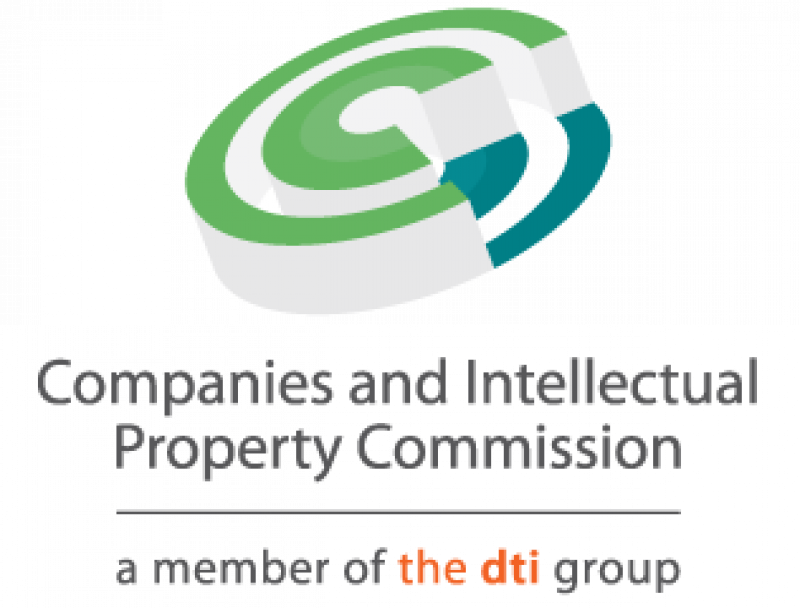CATEGORIES
- (3) Negotiating Tax Debt and Payment Arrangements with SARS
- (2)Account / Profile
- (549)Accounting
- (2)Accounting and Finance
- (28)Audit
- (156)Auditing and Assurance
- (1)Business
- (1)Business Management
- (3)Business Rescue
- (101)CIPC
- (7)Compliance
- (18)Ethics and Professionalism
- (46)Financial Reporting
- (1)Government Funding Applications
- (4)Guides
- (1)Individuals Tax
- (26)Law
- (37)Legal and Compliance
- (2)Management
- (10)Miscellaneous
- (28)Money Laundering
- (1)Personal & Professional Development
- (2)Practice Management
- (2)Professional Ethics
- (3)Public Sector
- (145)Regulatory Compliance and Legislation
- (41)SARS Issues
- (27)Sustainability Reporting
- (37)Tax
- (1)Tax Update
- (9)Technology
- (1)Wills, Estates & Trusts
- Show All
CIPC: Extra validation for AR filing
- 05 December 2023
- Compliance
- South African Accounting Academy

-
Beneficial Ownership information validation
When you file your Annual Return, CIPC will check if your Beneficial Ownership information is current and up-to-date. If it's not, you will be redirected to the Beneficial Ownership service. You'll only be able to file your Annual Financial Statements/Financial Accountability Supplement (AFS/FAS) and Annual Return once your Beneficial Ownership Information is correctly submitted.
-
It will first be incorporated on e-Services, and at a later be communicated date to the other platforms BizPortal, SST and Mobile App.
-
If Annual Returns are filed via BizPortal, SST, or Mobile APP, Beneficial Ownership Filing must still occur on the e-Services platform.
-
Companies and close corporations are reminded not to wait until the last minute to submit Annual Returns but to commence the process well in advance before the date that the penalty will be incurred.
-
Technical questions on Beneficial Ownership must be logged via the CIPC inquiry system (https://enquiries.cipc.co.za) – Department: Corporate Legal Services, and the Category: Beneficial Ownership.
-
If Beneficial Ownership is not submitted with Annual Returns, CIPC may initiate an investigation against the company or close corporation and issue a compliance notice.
-
Turnover Validation
AFS revenue value makes provision for decimals, while the turnover value on Annual Return does not.
If you've submitted your Annual Financial Statements (AFS), CIPC will double-check your turnover value against what you've submitted in iXBRL format. Ignore numbers after the decimal point when entering the turnover value – no rounding is needed!
More information e.g., an updated step-by-step guide will be published closer to 11 December 2023. For any further inquiries, kindly log a ticket via www.cipc.co.za / inquiries
Click here to download Notice 67 of 2023:
https://www.cipc.co.za/wp-content/uploads/2023/11/Notice_BO-and-Turnover-validation-on-AR_v1.0.pdf
Relevance to Auditors, Independent Reviewers & Accountants:
-
The Companies Act is yet another piece of legislation that your clients must comply with, and which you must assess compliance with. If they don’t comply with the relevant laws and regulations, you have certain reporting obligations in terms of NOCLAR (Non-Compliance with Laws And Regulations) – this could include reporting to management, qualifying your audit opinion, reporting a Reportable Irregularity, etc.
-
As an auditor, independent reviewer and accountant, you also need to monitor your client’s compliance with the Companies Act and all relevant notices/enforcements/practice notes/customer letters issued by CIPC as the regulator.
-
Where you perform these compliance tasks on behalf of your client, you need to ensure that you comply with all relevant notices/enforcements/practice notes/customer letters issued by CIPC as the regulator.
-
Company Secretarial staff play a critical role in bridging the gap between entities and CIPC. As legislation, regulations and tax law are continuously changing and evolving, it is of utmost importance for companies and company secretarial practitioners to keep abreast of such changes so that companies continue to meet their compliance obligations.
Relevance to Your Clients:
-
An entity (company or close corporation) must comply with the Companies Act, and all relevant notices/enforcements/practice notes/customer letters issued by CIPC as the regulator.
-
Failure to comply with CIPC requirements may lead to an investigation and/or the issuance of compliance notices.






